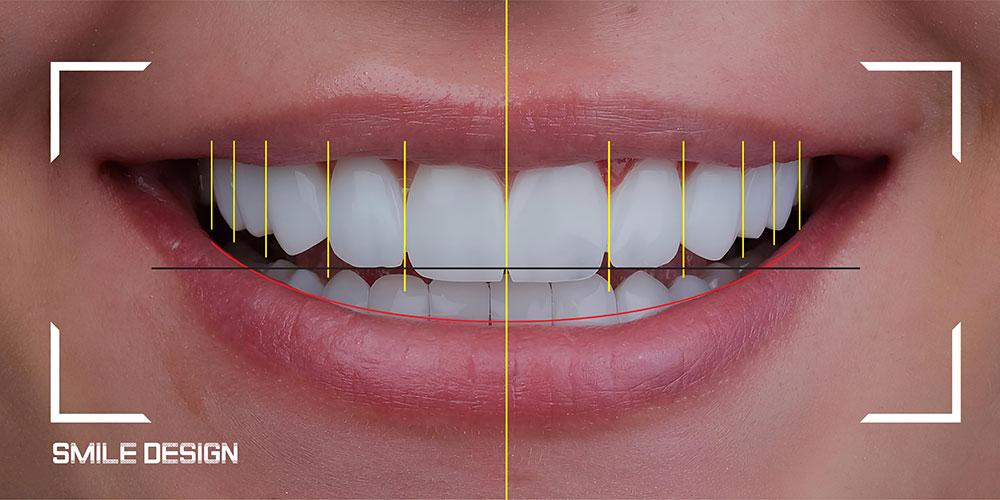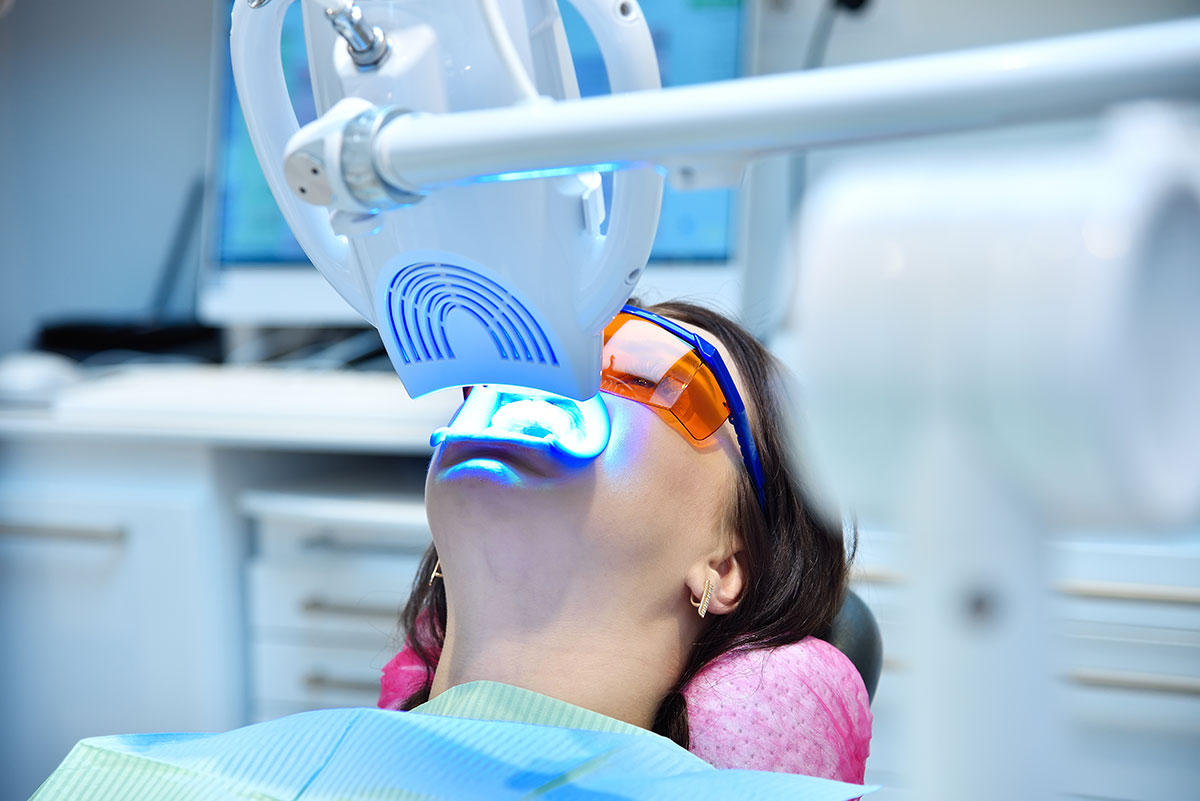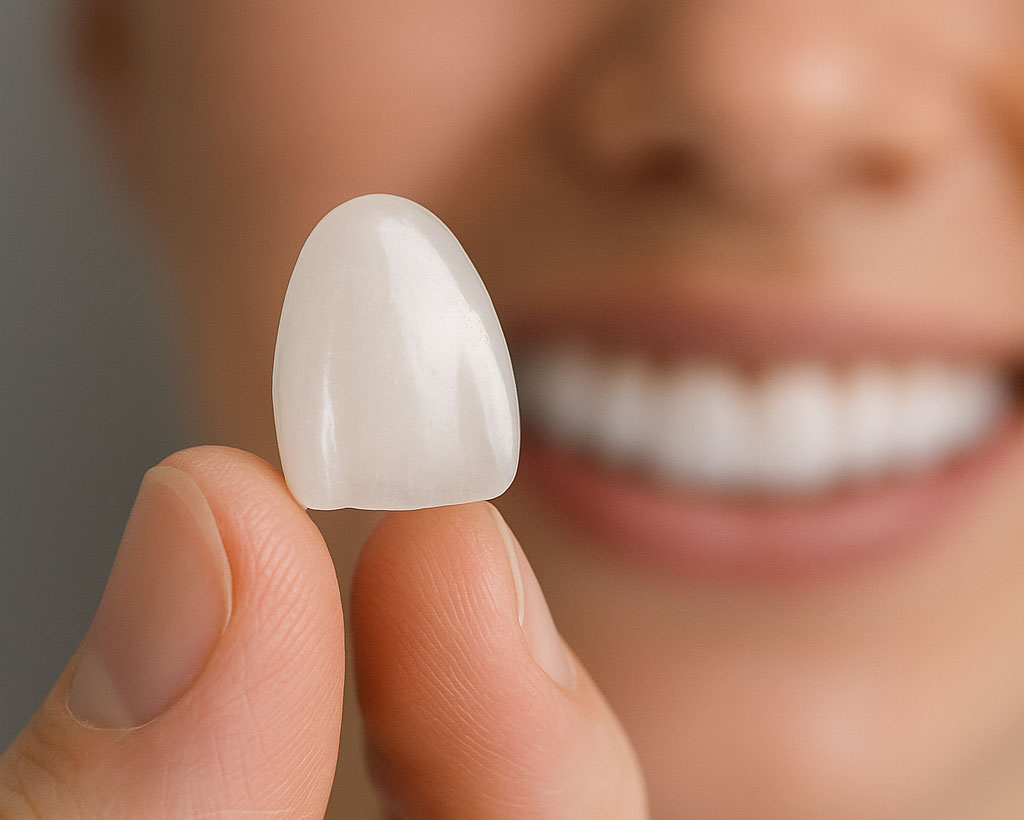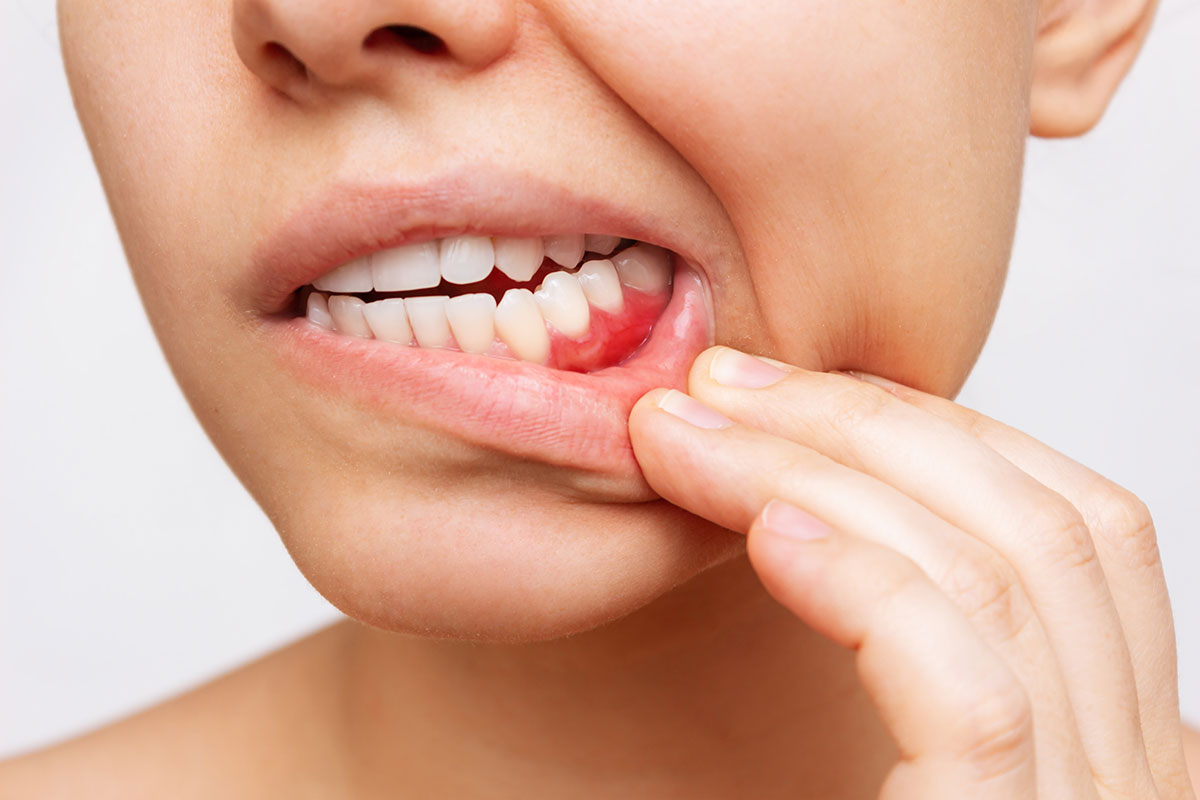Bad breath (halitosis) is a common problem that can negatively affect social relationships and lower personal self-esteem. Many people struggle with bad breath, but it is important to identify the real cause of the problem and apply the appropriate treatment. In this article, we will discuss in detail the causes, diagnostic methods and treatment options of bad breath from a dentist's perspective.
What Causes Bad Breath?
Bad breath can have many causes. These include
Inadequate Oral Hygiene
It is one of the most common causes. Bacterial plaque and food debris accumulated on the teeth can cause bad odor.
Tooth and Gum Diseases
Decayed teeth and gingivitis (gingivitis and periodontitis) are among the main problems that cause bad breath.
Bacteria Accumulating on the Tongue
Bacterial accumulation on the back of the tongue is an important cause of bad breath.
Dry Mouth (Xerostomia)
Reduced saliva production causes dry mouth and increases bacterial accumulation, resulting in bad odor.
Nutrition and Habits
Consumption of strongly flavored foods such as garlic, onions and smoking can also cause bad breath.
How is Halitosis Diagnosed?
A dental examination is important to determine the cause of bad breath. Dentist
- It examines your teeth and gums in detail.
- Checks the state of your language.
- Evaluate the signs of dental caries, plaque formation and periodontal disease.
- Additional tests or referrals can be made as needed.
Effective Tips to Eliminate Bad Breath
Regular and Effective Dental Care
Brushing your teeth twice a day, flossing and using tongue cleaners are very effective in preventing bad breath. Tongue cleaners play a big role in reducing bacteria on the surface of the tongue.
Pay Attention to Dentist Checkups
Regular dental check-ups every six months can detect potential oral health problems early and help prevent bad breath.
Abundant Water Consumption
Drinking plenty of water increases saliva production in the mouth and prevents dry mouth, thus reducing bacterial accumulation.
Sugar Free Gum and Lozenges
Chewing sugar-free gum or using lozenges increases saliva production and promotes oral hygiene.
Pay Attention to Diet
Avoiding or limiting consumption of strongly flavored foods reduces bad breath. Consuming fibrous foods and eating vegetables and fruits regularly are beneficial for oral health.
Avoid Smoking and Alcohol
Smoking and alcohol can lead to dry mouth and bad breath. Avoiding these habits protects your oral health and prevents bad breath.
Dentist Treatments for Bad Breath
Dentists can apply the following treatments to combat bad breath:
- Dental cleaning and professional tartar removal.
- Treatment of gum diseases.
- Filling dental caries or other restorative procedures.
- Prescribing antibacterial mouthwashes or sprays as needed.
Daily Habits to Prevent Bad Breath
- Clean your teeth regularly every day, using dental floss and a tongue cleaner.
- Drink plenty of fluids to increase saliva production on a regular basis.
- Increase the number of beneficial bacteria in the mouth by using probiotic mouthwashes.
- Use saliva-stimulating lozenges or sprays to relieve dry mouth.
Bad breath is both personally and socially unpleasant, but it can be easily eliminated with the right diagnosis and treatment methods. Regular dental visits and daily oral care habits are the most effective methods to prevent bad breath. With regular check-ups with your dentist, you can detect problems with bad breath at an early stage and improve your quality of life.





